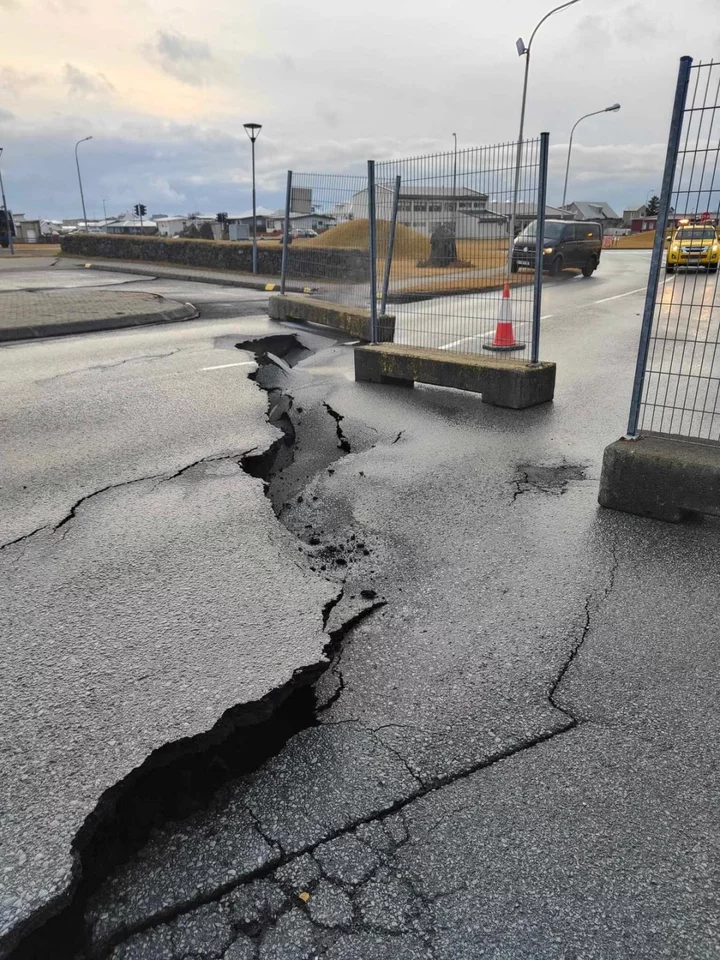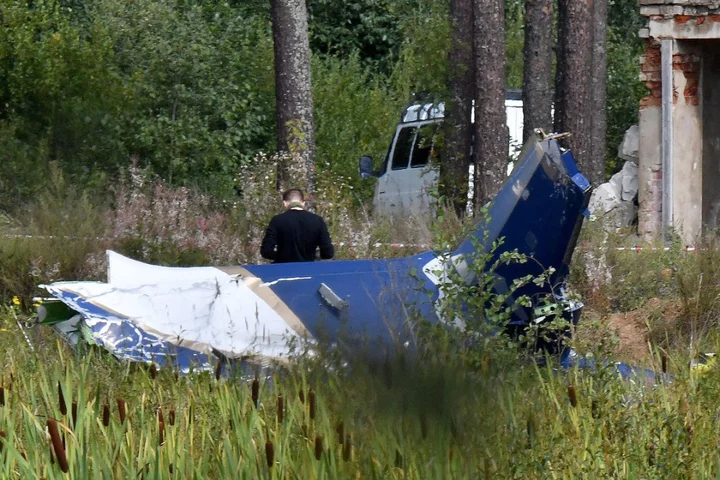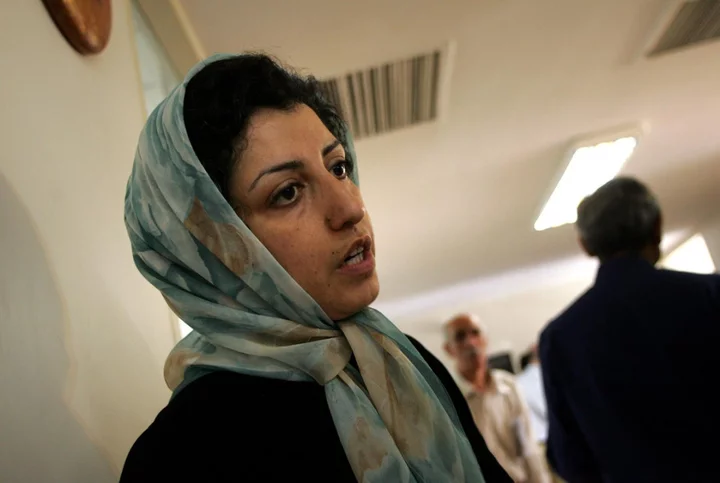A volcanic eruption could destroy the Icelandic town of Grindavik or lead to extensive ash clouds, experts have warned.
The country has been shaken by more than 2,000 small earthquakes in the past few days prompting fears the tremours could disrupt the Fagradalsfjall volcano on the Reykjanes peninsula in the southwest of the country.
Thousands have been told to evacuate Grindavik as a precautionary measure as a magma tunnel stretches below the surface.
If an eruption occurs in or close to the town, the consequences will be devastating, volcanologist Ármann Höskuldsson warned.
He told news site RUV: “This is very bad news. One of the most serious scenarios is an eruption in the town itself, similar to that in Vestmannaeyjar, 50 years ago.
"This is [would be] much worse," says Ármann.
Ragga Ágústdóttir, who lives close to Grinvadik, said residents were fearful of what could happen if an eruption struck.
“The scenario on the table now is that it will happen in or just north of the town of Grindavik. There’s no good option here,” she told The Independent.
If a volcanic eruption does not happen in Grinvadik, one could occur out at sea, experts have said.
MP Gisli Olafsson said the country was praying the “worst case scenarios do not happen”.
He shared on X, formerly Twitter: “The situation in Grinvadik continues to become even more grave than before. The town has already suffered considerable damage from the earthquakes and from the shifts in the ground as the magma thrusts itself upwards.”
He said a 15km magma tunnel could turn into a fissure vent eruption as the chamber beneath the area was two times larger than previous eruptions in Reykjanes over the past few years.
There is a chance the eruption could occur under the ocean, resulting in an explosive eruption and extensive ash clouds, he said.
“Scientists have warned that they may not be able to give any further warning of when the magma reaches the surface, making it quite dangerous to go in there,” he added.
It comes as residents endured a less shaky night as 880 earthquakes below magnitude three were recorded overnight compared to the previous 1,485 earthquakes which rocked the country in previous days.
Some 3,000 residents have been evacuated, with many forced to leave their pets behind.
A meeting on Saturday afternoon determined that only residents from the Þórkätlustað district were safe to swiftly return to collect necessities, report RUV.
Magnús Tumi Guðmundsson, professor of geophysics, told RUV seismic activity continues, despite slowing down. He predicted three scenarios; the first is an eruption near Grindavik or north of the town; the second is that there is no eruption and the third, and least likely prediction, according to Mr Guðmundsson, is an undersea eruption.
Iceland is highly susceptible to natural disasters as it lies on the Mid-Atlantic Ridge – a divergent plate boundary where the North American Plate and the Eurasian Plate are moving away from each other, leading to volcanic eruptions and earthquakes.
“I don’t think it’s long before an eruption, hours or a few days. The chance of an eruption has increased significantly,” Thorvaldur Thordarson, professor of volcanology at the University of Iceland, told state broadcaster RUV yesterday.
Reykjanes is a volcanic and seismic hot spot southwest of the capital Reykjavik. In March 2021, lava fountains erupted spectacularly from a fissure in the ground measuring between 500 750 metres long in the region’s Fagradalsfjall volcanic system.
Read MoreIceland: Thousands evacuated as fears of volcano eruption grow
Iceland earthquakes: Your rights if you are on holiday there or are planning to go
Mapped: Iceland earthquake locations revealed as volcano eruption alert issued
Iceland volcano eruption could be ‘hours or days’, meteorologist warns
Iceland evacuates town and raises aviation alert as concerns rise a volcano may erupt
Warning volcanic eruption ‘could obliterate Grindavik’ as residents flee - latest









